Meanwhile, a number of major automakers have announced plans to phase out internal combustion engines altogether. Volvo, Bentley, Ford Europe, Porsche and Audi all aim to sell all-electric vehicles between 2030 and 2035. However, when the market has not boomed as expected, many plans have been postponed or even indefinitely.
Contrary to that trend, BMW and Toyota remain loyal to their own strategies. They do not declare 100% EV, but choose the multi-energy path, developing gasoline engines, hybrids, pure electric vehicles and hydrogen fuel cells in parallel. And that caution is becoming a major competitive advantage in the context of the global electric vehicle market entering a period of adjustment.
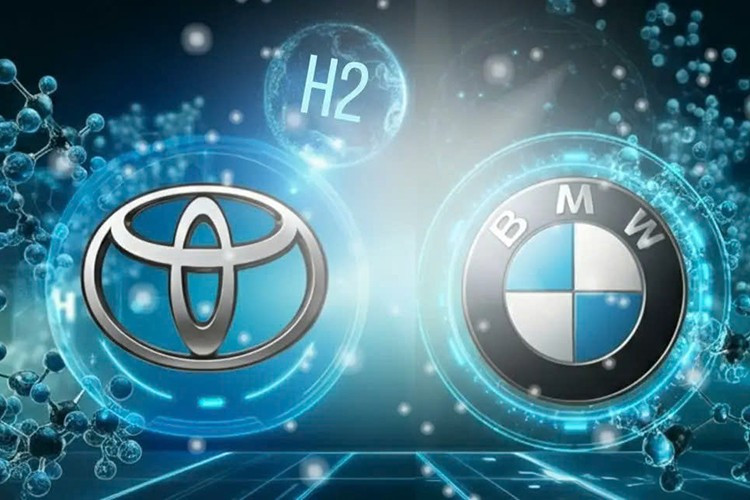
Instead of betting all on electrification, BMW pursues a “Power of Choice” philosophy that gives customers a wide range of options: gasoline, diesel, plug-in hybrid, electric and soon hydrogen fuel cell vehicles. The company confirmed that it will launch the BMW iX5 Hydrogen in 2028, using fuel cell technology co-developed with Toyota.
As Europe tightens emissions regulations, BMW CEO Oliver Zipse has repeatedly opposed a complete ban on gasoline cars by 2035. He believes that technical regulations will take away consumer choice and threaten tens of thousands of jobs in the auto industry.
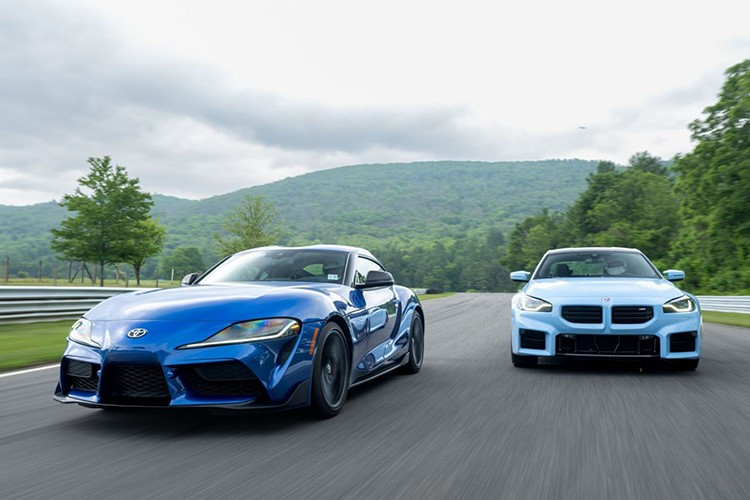
“If we rely solely on electric vehicles, the auto industry will be at a dead end. We need a variety of solutions to ensure supply chains and European production capacity,” Zipse said. Despite its stance, BMW is still investing heavily in electrification. It has spent more than 10 billion euros on the Neue Klasse project, which includes the BMW iX3 electric car, the next-generation i3 sedan and the all-electric iX5.
At the same time, BMW still maintains the I6 and V8 engines of the high-performance BMW M division, fine-tuning them to meet Euro 7 emission standards, while continuing to develop diesel engines for the new generation X5 2026.
In line with BMW, Toyota has long warned of the risks of extreme electrification. “We are not abandoning the internal combustion engine, but improving it to accommodate all powertrains from hybrid, pure electric to hydrogen fuel cell,” said Toyota Europe Vice President Andrea Carlucci.
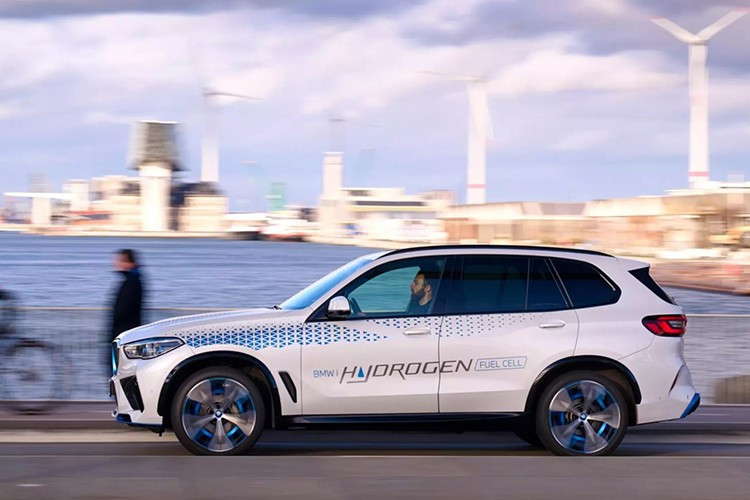
Honorary Chairman Akio Toyoda even predicted that EVs would never exceed 30% of the global market, due to huge differences in infrastructure and affordability between regions. Toyota continues to invest in synthetic and biofuels and is testing hydrogen combustion engines in the GR Yaris and GR Corolla models, as a way to reduce emissions without completely eliminating conventional engines.
Not making one-sided bets has helped BMW and Toyota avoid the financial blows that many of their rivals are facing. Porsche, for example, was forced to redevelop gasoline-powered versions of its Macan, Boxster and Cayman models after realizing the market wasn’t ready for a full EV. These unplanned changes cost billions of dollars and significantly slowed the Volkswagen Group’s electrification strategy.
According to the European Automobile Manufacturers Association (ACEA), electric vehicles accounted for 17.7% of new car sales in Europe in the first eight months of 2025, up from 14.1% in the same period last year. The International Energy Agency (IEA) estimates that EVs will account for more than 20% of global sales in 2024, equivalent to 17 million vehicles sold, and could exceed 20 million vehicles in 2025.
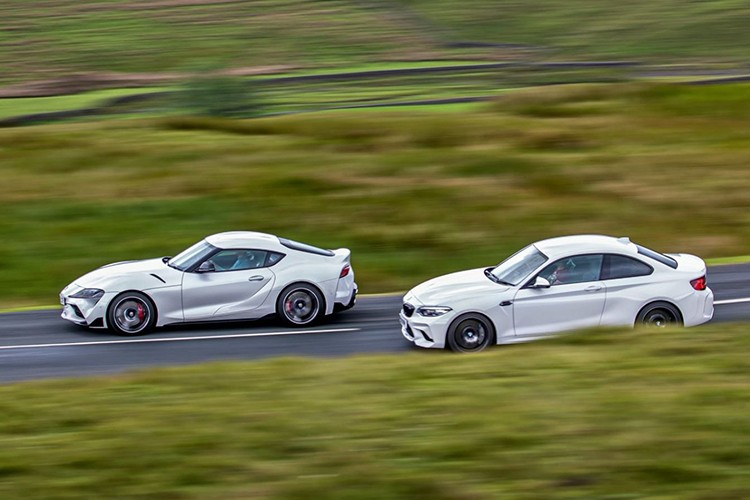
But the growth is uneven. In Norway, electric vehicles account for 89% of sales, while in the US they account for just 9.2% (according to Experian Automotive). Differences in policy, infrastructure, and pricing make it impractical to impose an all-EV model globally.
While many competitors have had to adjust their strategies, BMW and Toyota are in an advantageous position: Not bound by “100% EV” commitments. Proactively adapting to different transition speeds in each region. Maintaining profits from traditional vehicle lines while continuing to invest in electrification.
In reality, the path to electrification is not a one-size-fits-all approach for all automakers. And with their persistence, flexibility, and long-term investment, BMW and Toyota are proving that sometimes “slow and steady” is the best strategy in the post-petroleum era.
Source: https://khoahocdoisong.vn/toyota-va-bmw-thang-the-nho-chien-luoc-di-nguoc-lan-song-ev-post2149060354.html







![[Photo] Solemn opening of the 1st Government Party Congress](https://vphoto.vietnam.vn/thumb/1200x675/vietnam/resource/IMAGE/2025/10/13/1760337945186_ndo_br_img-0787-jpg.webp)
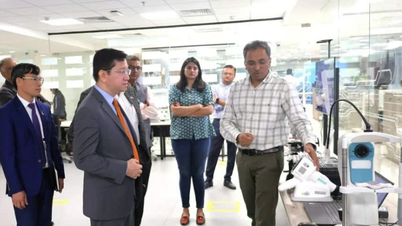


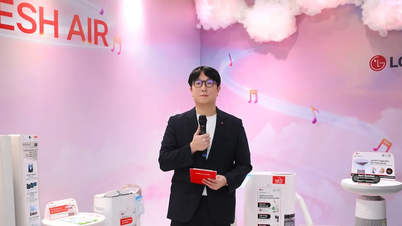












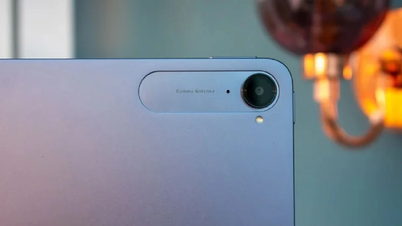
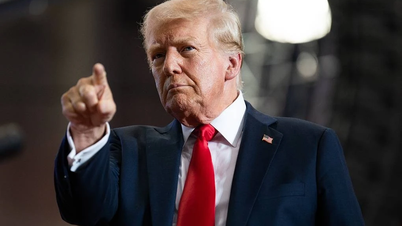
![[Photo] General Secretary To Lam attends the opening of the 1st Government Party Congress](https://vphoto.vietnam.vn/thumb/1200x675/vietnam/resource/IMAGE/2025/10/13/1760321055249_ndo_br_cover-9284-jpg.webp)

























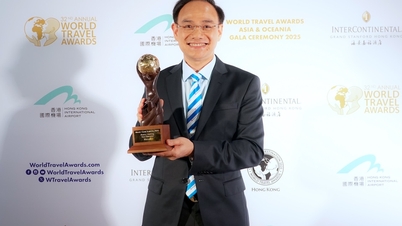





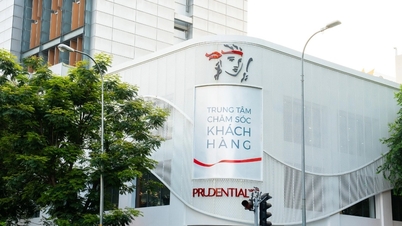
















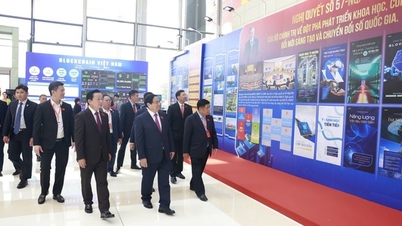
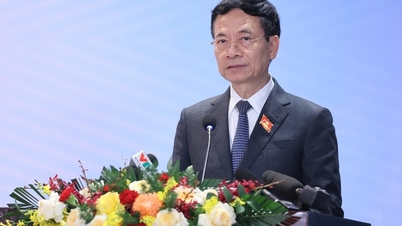





























Comment (0)